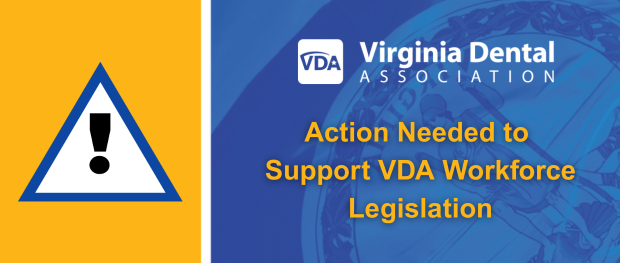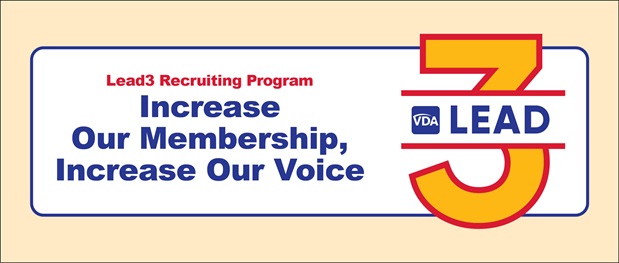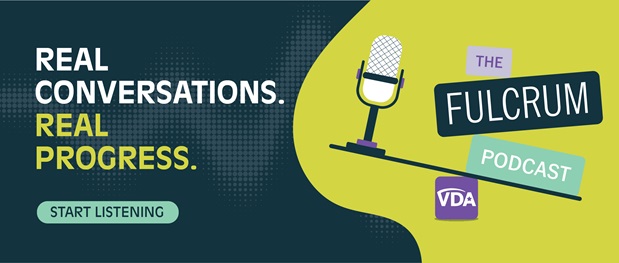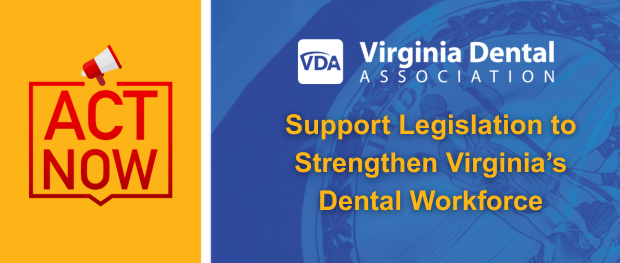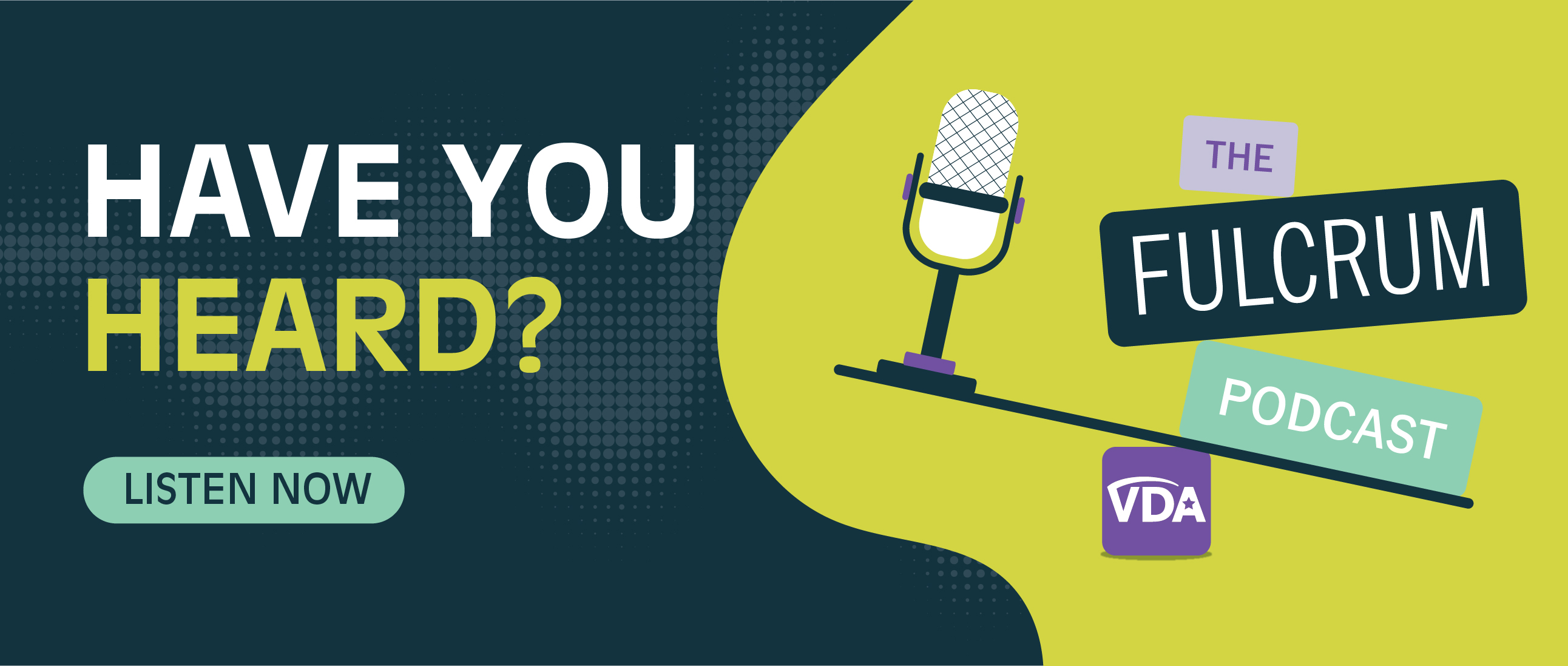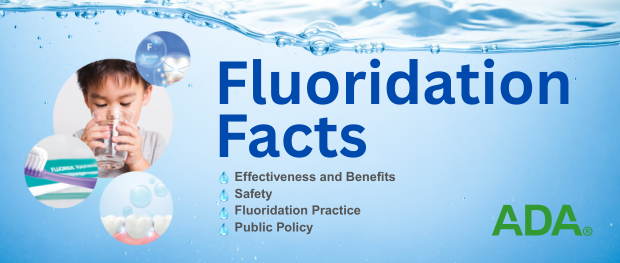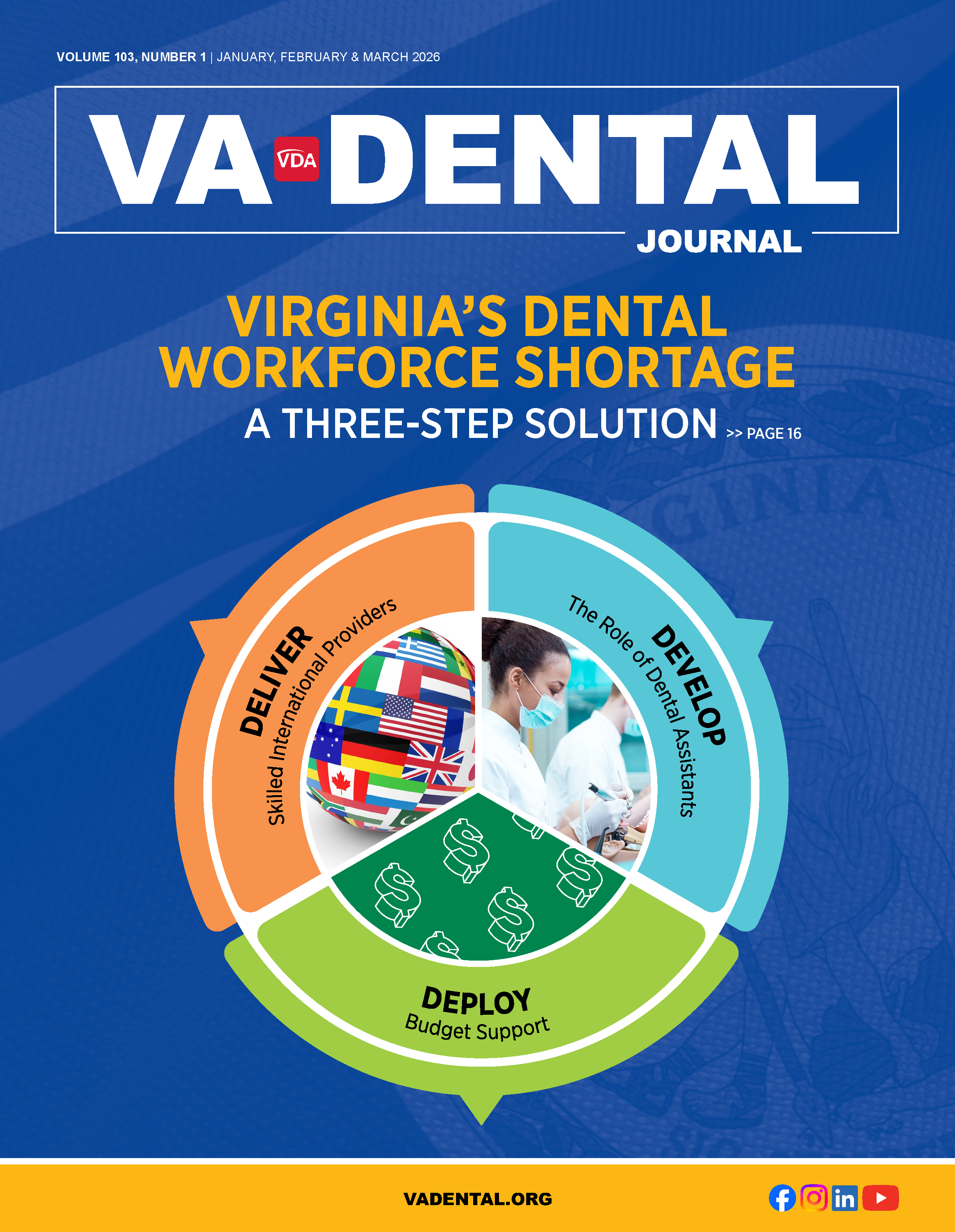Small Business Exception to FFCRA
Employers with fewer than 50 employees may be exempt from the requirement to provide paid childcare leave to employees due to the pandemic closures of schools or day cares under either the Emergency Paid Sick Leave provisions or the Expanded Family and Medical Leave provisions of the Families First Coronavirus Relief Act. The exception does not apply to leave sought because the employee has COVID-19, is under quarantine, or is caring for a COVID-19 sufferer.
An exempt employer must conclude that providing the leave “would jeopardize the viability of the business as a going concern.” In other words, a business can be excused from providing the leave if providing it would actually threaten the ongoing existence of the business. The regulations, in 29 C.F.R. § 826.40(b)(1)(i-iii), provide that a small business may use the exemption if an authorized officer of the business has determined that:
- The leave requested under the emergency sick leave provision related to childcare or the expanded FMLA relating to childcare “would result in the small business’s expenses and financial obligations exceeding available business revenues and cause the small business to cease operating at minimal capacity;” or
- The absence of the employee(s) requesting leave under the emergency paid sick leave for childcare or the expanded medical leave for childcare “would entail a substantial risk to the financial health or operational capabilities of the business because of their specialized skills, knowledge of the business or responsibilities;” or
- There are “not sufficient workers who are able, willing and qualified, and who will be available at the time and place needed, to perform the labor or services provided by the employee(s) requesting leave” under the emergency paid sick leave for childcare or the expanded medical leave for childcare, “and these labor or services are needed for the small business to operate at minimal capacity.”
The first exception seems unlikely to be available in many instances. It is met only when the cost of providing the leave would cause the business’s expenses and financial obligations to exceed its revenues, and essentially shut down the business. The second exception applies when a key employee or one in a unique role seeks the leave, and their absence on the leave would jeopardize the financial health of the business or its operational capabilities because of that employee’s specialized skills, knowledge of the business or responsibilities. This will apply if the person has a crucial role in the business and they cannot effectively be replaced by someone else. To meet the exception, the leave must be sought by a truly crucial employee to the business. The third exception is met when there are no other workers who are able, willing, qualified and available to perform the labor or services by the employee seeking the leave. The unique nature of the services performed by the employee and lack of a substitute available are necessary to meet this exception.
In order to elect the small business exemption, an authorized officer of the business must document that a determination has been made that it has met one of the three categories of exceptions. This documentation should be maintained in the event the conclusion is challenged by an employee and must be produced.
Frequently Asked Questions (FAQ):
Q: How does the small employer exemption analysis work for employers with less than 10 employees?
A: Members are going to have to go through the small employer exemption analysis for each person who seeks leave. There is no blanket exemption for employers with fewer than 10 employees.
Q: How does an employer handle paying an employee who tests positive for COVID-19?
A: If an employer is not covered by the small business exemption, then it only needs to a pay a person who tests positive if (1) he or she is actually sick from COVID-19 and cannot work (which is one of the qualifying reasons for emergency paid sick leave) or (2) if he or she has been ordered by a doctor to quarantine due to COVID-19 concerns (another qualifying reason for leave). Obviously one of these two things should take place if the person tests positive for COVID. If they meet these requirements they should be paid for up to 80 hours of emergency paid sick leave at their regular rate. If the quarantine ends before the 80 hours you only have to pay for the time they are actually prevented from attending work due to the quarantine order, which could be less than 80 hours.
Q: What are the employer considerations for paying an employee that is quarantining because they were potentially exposed to COVID-19?
A: The FFCRA Emergency Paid Sick Leave does not apply to a person who is quarantining based on their own judgment because they were potentially exposed to COVID-19, coverage is triggered if a physician orders them to quarantine. If a person truly has a risk of exposure then it should be fairly simple to get a quarantine order from a doctor. If that is the case, then the person qualifies for emergency paid sick leave and is eligible for up to 80 hours of paid sick leave.
Q: Is there a tax credit available to the employer for this type of situation?
A: Yes. The employer who has to pay the emergency paid sick leave under the FFCRA is directed to keep, rather than pay to the IRS, federal payroll withholding tax in an amount equal to what they paid in sick leave. Your member’s accountants should know what the procedure is and be able to handle it for your dentists. Otherwise there are instructions available on the IRS website.

